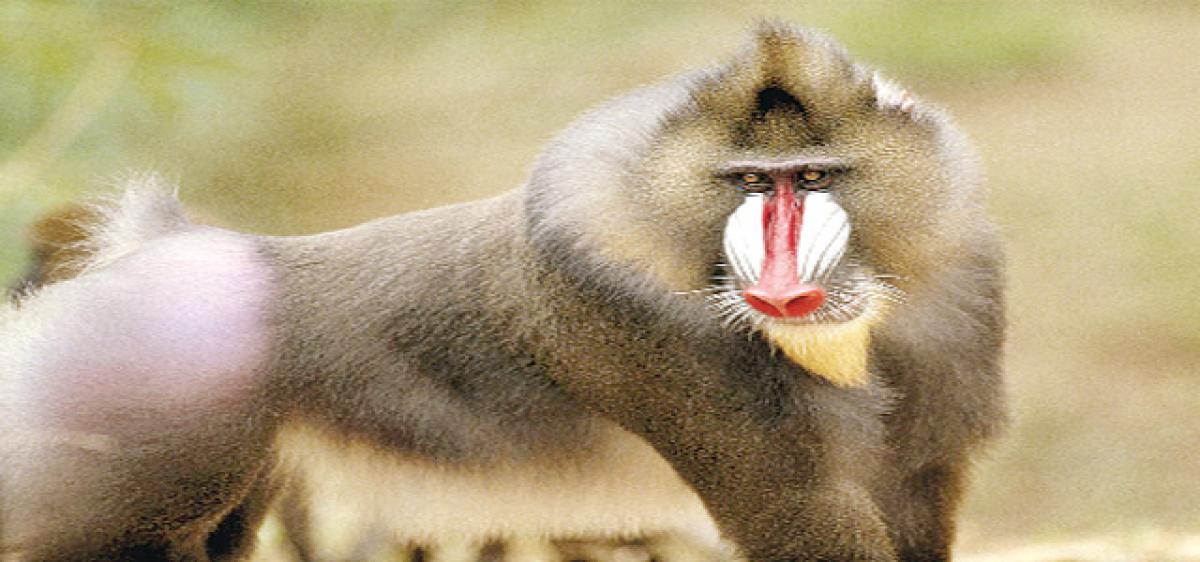Live
- Delays dog LRS cases as applications pile-up
- TGSPDCL deploys 101 ERT vehicles
- JIH to host national conclave in city
- OU celebrates National Library Week with book exhibition
- Prakash Utsav to be celebrated today
- Survey staff turn a blind eye towards apartment dwellers
- Assembly to resolve on Constitutional amendment on age limit for legislators
- Govt to hold three public meetings for ‘People’s Govt—Victory Celebrations’
- SBI staff’s presence of mind averts digital arrest scam
- Students of Rockwoods School showcase unity in diversity









